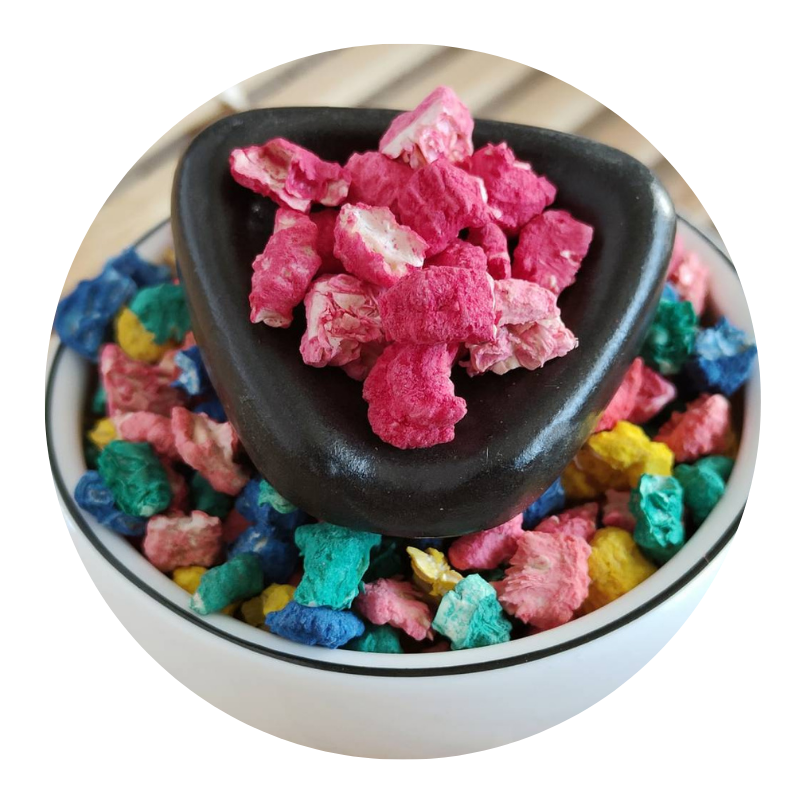
coarse vermiculite for gardening
Coarse Vermiculite for Gardening A Comprehensive Guide
Vermiculite is a naturally occurring mineral that has gained immense popularity in the gardening community for its unique properties and versatile applications. In particular, coarse vermiculite is celebrated for its benefits in improving soil structure and aeration, making it an essential component for various gardening practices. In this article, we will dive into the characteristics, benefits, and uses of coarse vermiculite in gardening, providing you with all the information you need to enhance your gardening experience.
What is Coarse Vermiculite?
Vermiculite is derived from a naturally occurring mineral called mica, which expands when heated. This expansion is a result of the mineral's unique structure, which allows it to capture air and moisture. When processed, vermiculite appears as small, shiny, and golden-brown flakes. Coarse vermiculite, in particular, refers to larger granules that offer specific advantages over finer grades. Its larger size improves drainage and aeration while retaining moisture and nutrients, making it an excellent additive for various growing mediums.
Benefits of Coarse Vermiculite
1. Improved Aeration The coarse texture of vermiculite allows for increased airflow within the soil, which is crucial for plant roots. Adequate aeration ensures that roots can breathe and enhances their ability to absorb water and nutrients.
2. Moisture Retention Coarse vermiculite has a remarkable capacity to retain moisture without becoming waterlogged. This property helps in maintaining a consistent moisture level in the soil, reducing the frequency of watering, and minimizing plant stress.
3. Nutrient Retention Coarse vermiculite can hold essential nutrients, making them available to plants over time. This slow release is beneficial for long-term plant health and can reduce the need for additional fertilizers.
4. Lightweight Material The lightweight nature of vermiculite contributes to more manageable potting mixes, reducing the overall weight of containers and making it easier to transport potted plants.
5. pH Neutral Coarse vermiculite is naturally pH neutral, meaning it won’t alter the acidity or alkalinity of the soil. This characteristic makes it suitable for a wide range of plants with varying pH preferences.
coarse vermiculite for gardening

Uses of Coarse Vermiculite in Gardening
Coarse vermiculite is highly versatile and can be utilized in several ways within the gardening context
1. Container Gardening When mixed with potting soil, coarse vermiculite enhances drainage and aeration, making it an ideal additive for container gardens. It prevents compaction of the soil, ensuring that plants have room to grow.
2. Seed Starting Vermiculite is an excellent medium for seed germination. Its moisture-retaining properties provide an optimal environment for seeds to sprout while minimizing the risk of mold and diseases.
3. Soil Amendment For garden beds or raised beds, incorporating coarse vermiculite into existing soil can significantly improve texture and drainage. This amendment helps create a more hospitable environment for root development.
4. Hydroponics Coarse vermiculite can be utilized in hydroponic systems as a growing medium. Its ability to retain moisture and nutrients makes it a suitable choice for soilless gardening.
5. Mulching Applying a layer of coarse vermiculite as mulch around plants can help retain soil moisture, suppress weeds, and regulate soil temperature.
Conclusion
In summary, coarse vermiculite stands out as an exceptional resource for gardeners looking to enhance soil quality and plant health. Its unique properties, including improved aeration, moisture retention, and nutrient storage, make it an invaluable addition to both soil mixes and various gardening applications. Whether you're an experienced gardener or just starting, incorporating coarse vermiculite into your gardening practices can lead to thriving plants and a bountiful harvest. Embrace the benefits of this remarkable mineral, and watch your garden flourish like never before!
Share
-
Premium Pigment Supplier Custom Solutions & Bulk OrdersNewsMay.30,2025
-
Top China Slag Fly Ash Manufacturer OEM Factory SolutionsNewsMay.30,2025
-
Natural Lava Rock & Pumice for Landscaping Durable Volcanic SolutionsNewsMay.30,2025
-
Custom Micro Silica Fume Powder Manufacturers High-Purity SolutionsNewsMay.29,2025
-
Custom Mica Powder Pigment Manufacturers Vibrant Colors & Bulk OrdersNewsMay.29,2025
-
Custom Micro Silica Fume Powder Manufacturers Premium QualityNewsMay.29,2025






